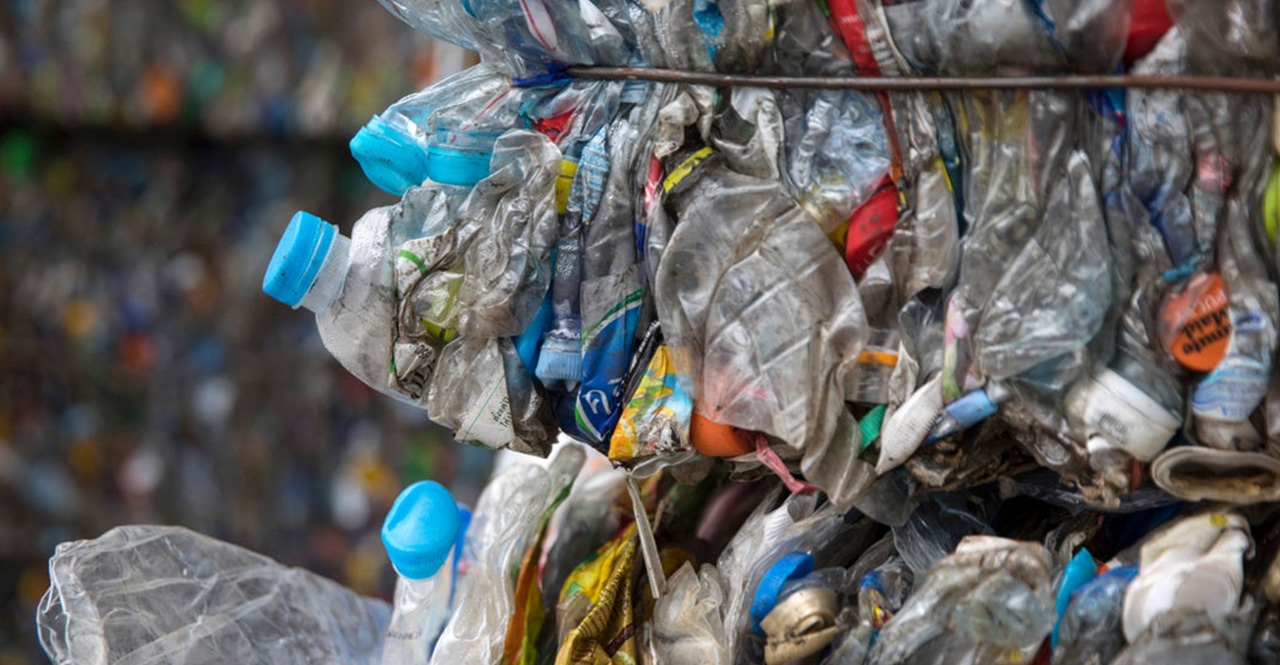Fostering Source Effectiveness and Environmental Protection Via Liquid Waste Elimination Programs
In the world of environmental stewardship, the management of fluid waste stands as a critical juncture where resource effectiveness and ecological defense merge. Via a lens of aggressive engagement and strategic foresight, the landscape of liquid waste management unveils a tapestry of challenges and possibilities that bid us to discover the course in the direction of a greener and even more lasting future.
Relevance of Fluid Waste Elimination
The relevance of fluid waste removal depends on its vital function in protecting environmental health and wellness and securing public wellness. Fluid waste, if not appropriately taken care of, can posture serious risks to environments, water resources, and human health and wellness. Via effective removal processes, hazardous substances such as microorganisms, toxins, and chemicals are avoided from polluting the environment and creating destructive impacts.
Proper fluid waste removal also aids in stopping the spread of diseases and lowering the capacity for groundwater contamination. By securely getting rid of liquid waste, the danger of waterborne diseases and pollution-related wellness problems is significantly lessened - Reclaim Waste Melbourne. Additionally, efficient removal methods contribute to keeping the overall tidiness and looks of communities, therefore improving the lifestyle for locals
Additionally, fluid waste removal plays an essential function in sustaining sustainable growth and guaranteeing conformity with ecological policies. By adhering to proper waste monitoring services, markets and procedures can minimize their ecological impact and show company duty. Ultimately, buying robust liquid waste removal programs is vital for promoting environmental stewardship and fostering a healthier, safer future for all.

Benefits of Effective Disposal
Reliable disposal of liquid waste not just safeguards environmental health and wellness and public health but additionally yields many advantages that prolong past immediate containment procedures. One key advantage of reliable disposal is the reduction of contamination in water bodies and dirt. By properly handling liquid waste, the risk of contamination lowers, protecting communities and safeguarding biodiversity. Furthermore, reliable disposal techniques add to resource conservation. With procedures like reusing and energy recovery, important resources can be drawn out from fluid waste, advertising sustainability and lowering the strain on raw materials. Taking on reliable disposal approaches can lead to set you back financial savings for organizations and areas. By maximizing waste monitoring procedures, companies can enhance operations, reduce disposal costs, and potentially generate revenue through the sale of recycled products. On the whole, the advantages of reliable liquid waste disposal are multifaceted, encompassing environmental management, source performance, and economic advantages.
Technologies for Waste Therapy
Making use of innovative innovations for waste therapy plays a vital role in making certain the reliable monitoring and risk-free disposal of liquid waste. One of the essential innovations employed in liquid waste therapy is biological therapy.
Advanced oxidation procedures (AOPs) have obtained appeal for their capacity to degrade persistent organic toxins in liquid waste through the generation of extremely reactive hydroxyl radicals. Membrane layer modern technologies like reverse osmosis and ultrafiltration are effective for separating contaminants from liquid waste streams. In addition, thermal treatment approaches such as incineration can be used for the complete destruction of harmful components in fluid waste. In general, the integration of varied treatment modern technologies makes certain ecologically friendly and thorough management of fluid waste.
Duty of Rules and Compliance
In the realm of liquid waste management, adherence to regulative frameworks and compliance requirements is vital for securing environmental health and wellness and sustainability. Rules play a crucial duty in regulating the correct handling, therapy, and disposal of liquid waste to avoid harm to ecological communities and human health. By establishing clear standards and criteria, governing bodies make certain that services and people included in liquid waste administration operate in an environmentally more info here responsible way.
Compliance with these guidelines is not just a legal demand however also an ethical commitment to secure the environment for current and future generations. It includes implementing ideal techniques in waste collection, therapy, disposal, and transportation to decrease environmental impact and advertise resource effectiveness. Non-compliance can result in penalties, lawsuit, and reputational damage for companies, highlighting the significance of upholding governing requirements.

Future Trends in Waste Administration

Another key trend in waste monitoring is the fostering of sophisticated data analytics and expert system to optimize waste collection courses, enhance sorting processes, and boost total functional effectiveness. These technologies enable waste monitoring companies to make data-driven choices, causing cost savings and ecological benefits.
Furthermore, there is an expanding emphasis on the development of decentralized waste monitoring systems, such as onsite treatment facilities and mobile waste handling systems. These systems offer adaptability and scalability, permitting more reliable waste handling in diverse settings.
Final Thought
In verdict, promoting source effectiveness and environmental management through fluid waste removal programs is crucial for lasting development. Effective disposal methods, progressed technologies for waste therapy, and strict guidelines play essential duties in reducing ecological impact. Looking in advance, continual development and renovation in waste administration techniques will be crucial for attending to the growing difficulties of liquid garbage disposal.
In the realm of ecological stewardship, the management of liquid waste stands as a crucial time where source efficiency and ecological protection assemble (Reclaim Waste Melbourne).Making use of innovative technologies for waste therapy plays a crucial function in making certain the effective management and risk-free disposal of fluid waste.In the world of liquid waste administration, adherence to regulative frameworks and conformity requirements is paramount for protecting environmental wellness and sustainability.In verdict, promoting resource performance and ecological defense with fluid waste elimination programs is essential for sustainable advancement. Looking ahead, constant advancement and enhancement in waste administration methods will certainly be necessary his response for resolving the expanding obstacles of fluid waste disposal